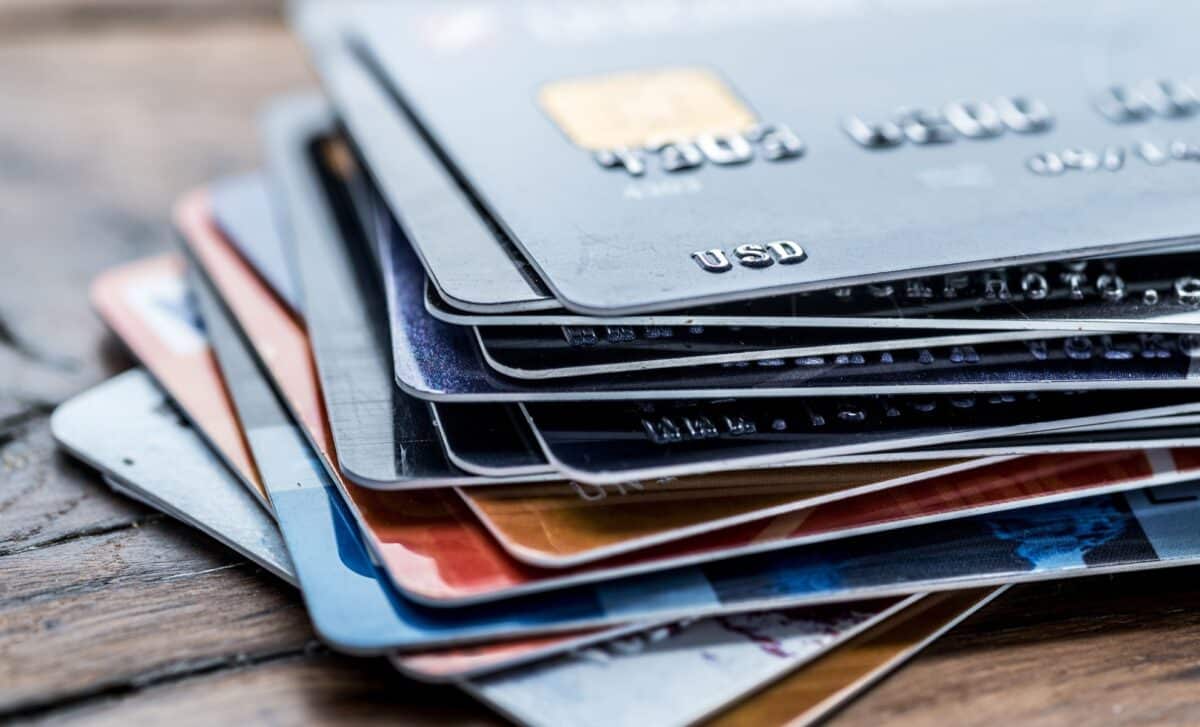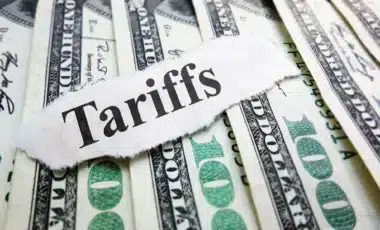The Department of Government Efficiency (DOGE) has made a significant move in its ongoing initiative to curb federal spending, suspending over 500,000 credit cards across 32 federal agencies.
This decision, following an executive order by President Donald Trump and spearheaded by Elon Musk, marks a pivotal step in reshaping how the government handles its finances. Since the launch of DOGE earlier this year, the task force has focused on reducing inefficiencies and cutting costs in federal operations.
With $40 billion in annual federal spending flowing through government-issued credit cards, the program’s goal is clear: reduce non-essential expenses while streamlining operations across government departments. However, as credit card deactivations rise, there have been operational challenges in certain agencies.
The Scope of the Campaign
DOGE’s latest efforts have resulted in the deactivation of more than 500,000 federal credit cards. According to a statement released on X (formerly Twitter), the audit process has now affected a tenth of all active credit cards in the federal system.
At the start of the campaign, approximately 4.6 million credit card accounts were active. The latest number, representing more than half a million suspensions, indicates the scale of the initiative to tighten federal financial control.
Initially, DOGE‘s audit targeted 16 agencies, but as the program expanded, it now spans 32 departments. This shift has resulted in significant savings by cutting down on unused and unneeded cards.
The initiative is part of a broader effort to eliminate inefficiencies that often go unnoticed across multiple layers of the federal government. Despite the progress, DOGE acknowledges that there is still work to be done.
Operational Challenges and Reactions
While the deactivation campaign has garnered support for its fiscal discipline, it has not been without its hurdles. For example, when cuts were made to the Transportation Security Administration’s (TSA) credit cards, officials faced a brief period where they were unable to make essential purchases, such as for bomb-sniffing dog units.
However, according to a TSA spokesperson, the disruptions were short-lived, and the agency’s core operations remained unaffected.
Yet, concerns about these measures continue to surface. Critics point out that federal credit cards are often critical for emergency expenditures, such as last-minute travel bookings or urgent maintenance for military operations.
Michael Ryan, founder of MichaelRyanMoney.com, stressed that these cards are not just used for day-to-day purchases but are vital in maintaining smooth federal agency operations during times of urgency.









